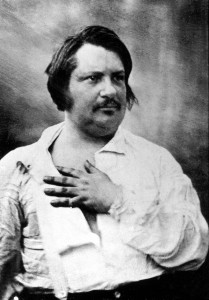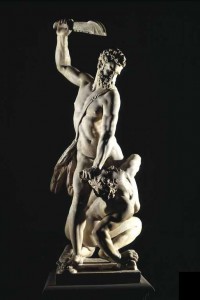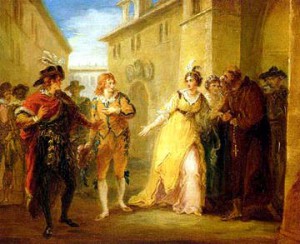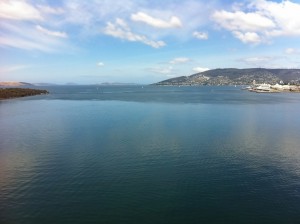 To Nancy Saunders Toy
To Nancy Saunders Toy
Hotel Savoia
Cortina d’Ampezzo, Italy. August 8th, 1940
Since I came to Cortina, without any books, I have found another distraction of an imaginative kind for the afternoon: it is the complete works of Balzac in an excellent Italian version which I get for 30 cents a volume in a book-stall under an arch in this mountain town. I feel as I did in Oxford, where with all the books of the world at hand, I found solace from war-news in Dickens. Balzac is deeper in worldly knowledge, but never humorous or moving, and he would not serve for much comfort if I were as distressed now as I was in 1917. This picture of the world keeps politics, finance, and human perversity in general well in the foreground, without any real allegiance to any ideal compensations other than the artificial happy dénouement of some of the stories. But he gives me just what I need now, clearness in judging men and events. He is not cynical, he can even convert his villains on occasion, but he has no illusions and no prejudices, and can see the nobility or at least the humanity of all classes and parties. It is a support to philosophy at this moment when the public mind is subject to hysteria. I hope that events will soon bring us not only material peace, but the peace that comes from understanding.
I hope I may be inspired to write the verses you ask for, but poetry is even more remote from my habits than is a dinner-jacket. You wouldn’t want your little friends to laugh at me as an old dotard, who thinks he can sing.
From The Letters of George Santayana: Book Six, 1937-1940. Cambridge, MA: The MIT Press, 2004.
Location of manuscript: The Houghton Library, Harvard University, Cambridge MA



 To Daniel MacGhie Cory
To Daniel MacGhie Cory To Susan Sturgis de Sastre
To Susan Sturgis de Sastre